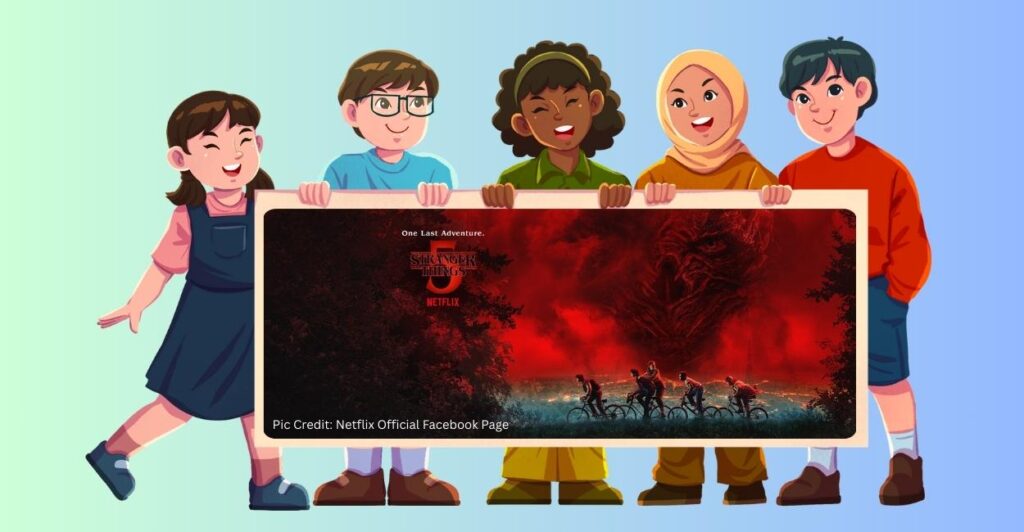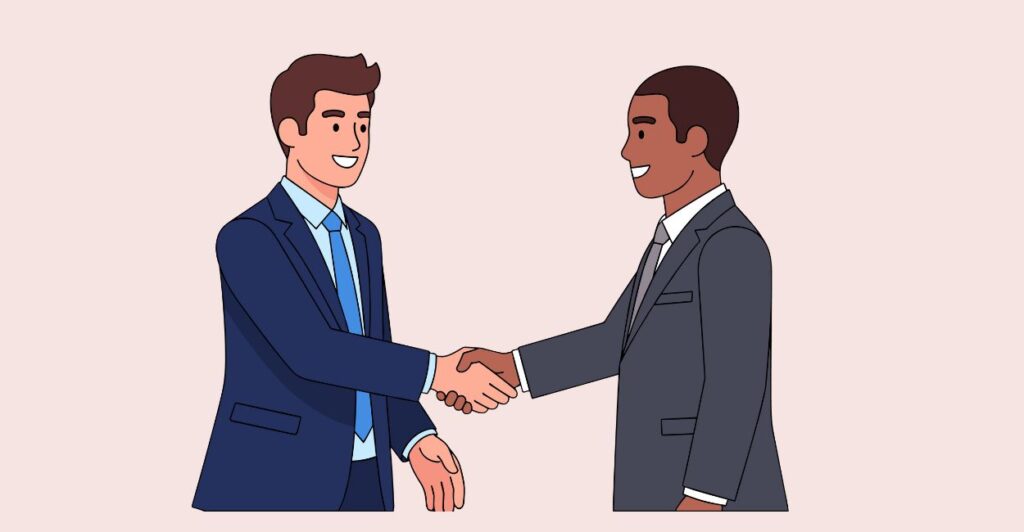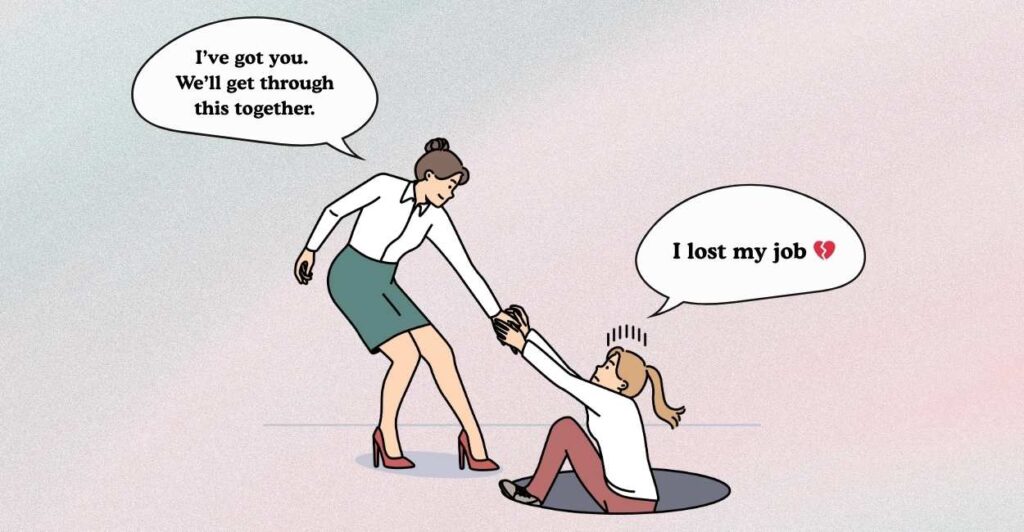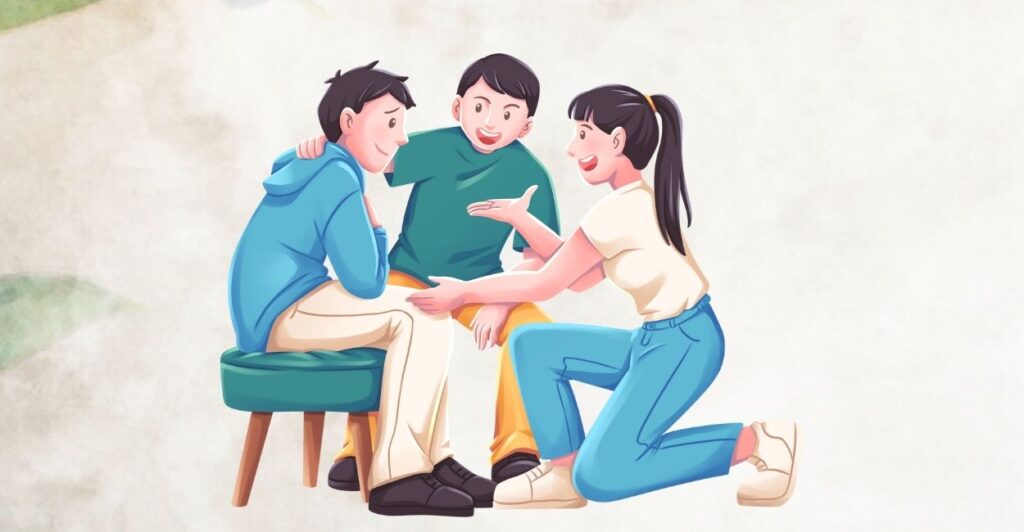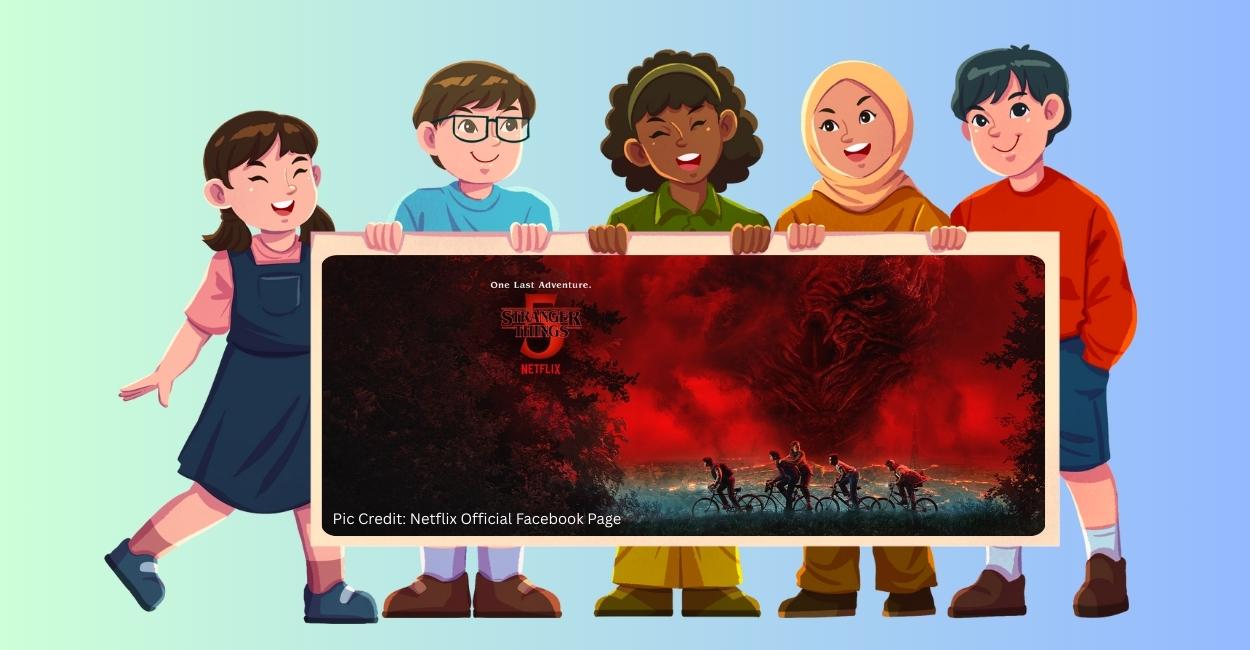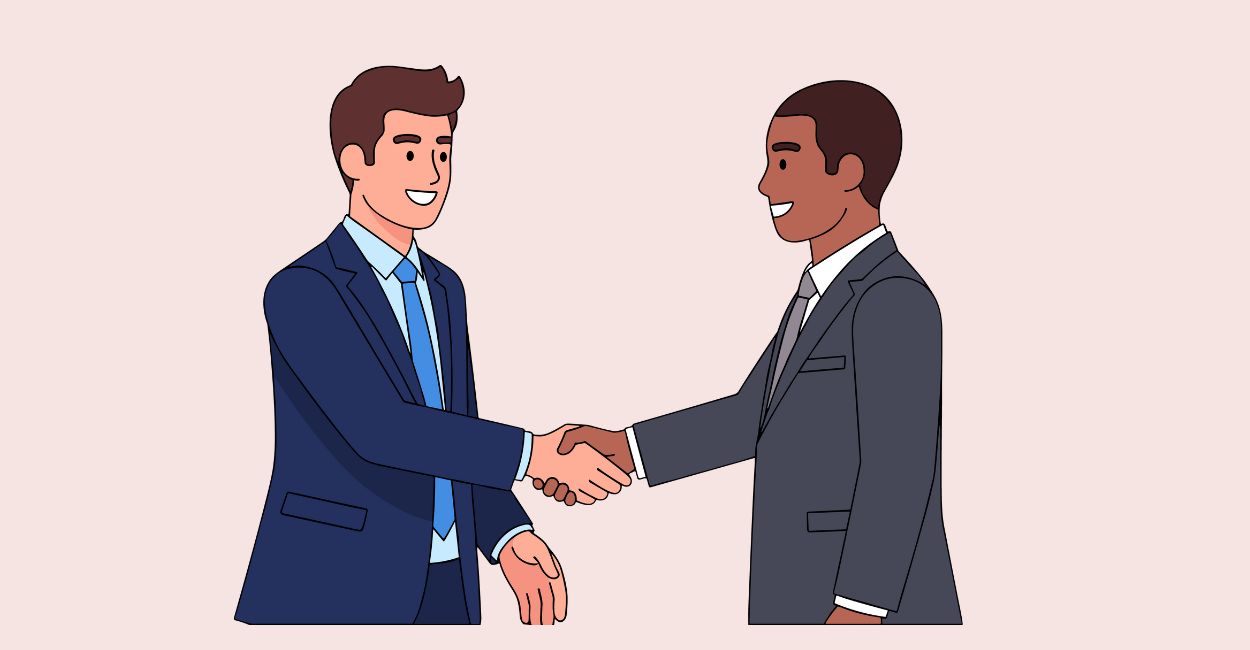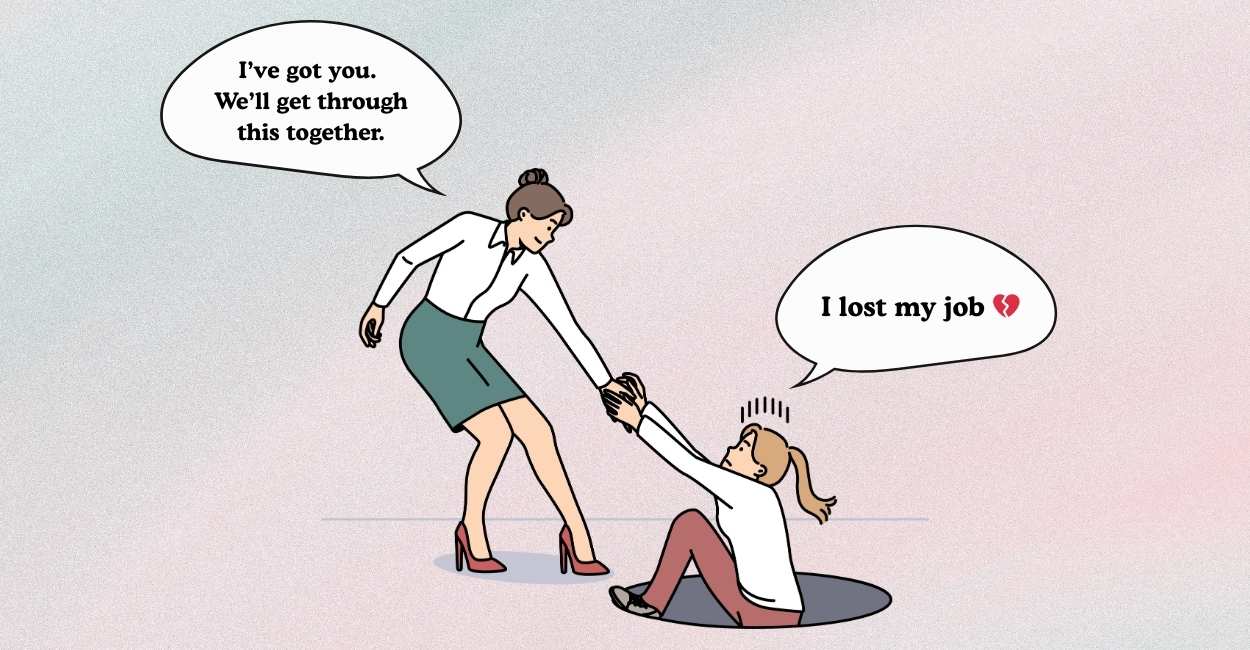One-Sided Friendship: The Sensitive Liabilities

How often do you end up getting canceled on by a friend? How often are you approached out of a need for some one-sided benefit instead of solely your virtuous character? How often is it that you look up ‘one-sided friendship’ on Google & worry for yourself?
Well, you’re definitely not alone. Everybody experiences, whether consciously or unconsciously, a lopsided friendship at some point in their lives. Some people cling on to them while some outgrow them & move past.
What is a One-Sided Friendship?
Friendship carries a lot in its bag for every person. Not only is it one of the important sources of one’s sense of belonging throughout life, but also a significant factor in one’s sense of self-worth.
A one-sided friendship can be detrimental to the mental health of a person. One-sided or unbalanced friendships are friendships wherein either one of the two people takes up too much space in the bond & the other takes up too little or sometimes none at all.
If you’re consciously paying attention, you’ll pick up signs of such a friendship in your life with somebody or the other. There happen to be quite a few of those!
Signs of a One-Sided Friendship
1. You feel lonely
There is solitude, individuality, personal space, & then there is loneliness. While solitude is desirable, individuality is attractive, & personal space is necessary, loneliness isn’t so much any of the aforementioned.
A good friend will make sure to create a space for you by their physical or emotional presence wherein not only do you feel safe & accepted but also accompanied & supported.
If you’re invested in a friendship that does not do as much as feeling like company to you, you might have to rethink if it is a friendship worth investing your time & energy into.
One-sided friendships can leave you feeling like you’re unwanted, insignificant, & lonely. This can have a toll on your mental health. It is not healthy for you to stay invested in a relationship that brings loneliness to the table.
If you notice that there is a lack of belonging & understanding between you and your friend, you may be seeing a sign of a one-sided friendship. However, this could be a circumstantial trait.
You must pay heed to the question: Are my current circumstances or my friend’s current circumstances responsible for making me feel lonely right now or has it always been a lonely space for me? The answer to this question is essential while making a further decision on the friendship.
2. You Start Questioning Yourself
Do you notice that your friend would rather hang out with other people than with you? Do you notice that your friend’s morals derail from yours & you have to abide by theirs to keep the friendship going?
Often, such a friendship leaves you feeling guilty of not being ‘friendship-material’ for not being able to fit in.
However, that might just be your derailed sense of self speaking. A friend who is not equally invested in you as you are in them may cause you to doubt your goodness, your priorities in life, or even your self-worth.
3. You feel drained
Instead of being a source of your energy, such a friendship leaves you feeling drained. You may know too much about this friend as a result of them always talking about themselves.
It may so be that they know or remember nothing about you in effect of them never valuing you & your concerns in the friendship. In most of your interactions with them, they may be too occupied with venting about their own problems to ever pay attention to any of yours.
Such a draining friendship is not only one-sided but also toxic. It is not okay to be called a friend but be treated like a punching bag, a therapist, or a parent. A friendship has to be a two-way street, especially in the matter of being there for somebody.
Why One-Sided Friendships Happen
A desire to be liked & accepted makes one do all sorts of things for other people. Becoming a people pleaser, especially for those with a difficult childhood, is too easy. At the same time, it is too risky since it leads to one undermining their own sense of individual identity.
No matter who you are, where you are, where your life is headed, & how you live, nothing makes you deserving of being stuck in a one-sided friendship.
It is essential that we value & respect ourselves enough to not water dead flowers, to not entertain people who refuse to entertain us that is. One-sided friendships can be seen as useful only for the part of our personalities that needs some learning & growing when it comes to self-esteem & self-worth.
It is not healthy for you to be the only person taking the initiative to talk, meet up, hang out or share anything of value while the other person treats your efforts like a doctor’s undesirable medicine recommendation.
You deserve genuine affection, trust, support, connection, conversations, & belongingness, regardless of who you are. What is it that might throw you into a one-sided friendship?
1. Your Longing for Belonging
It is but natural for you to want to fit in with somebody or the other. It is a common craving. But if you think about it, one-sided friendships are also just as common, & so is dissatisfaction in relationships.
Rushing into friendships is never advisable. It is very often that hurried choices in matters of relationships lead to fast-paced dissatisfying consequences as well. A good & healthy friendship is bound to take time & trust to build.
But in cases when you do not realize the significance of waiting until you are appreciated as you may deserve, you may find yourself settling for anything that looks the slightest bit like friendship to you. More often than not, these choices are the ones you end up regretting or rethinking.
2. You may not be viewed as a Friend
It is not uncommon for people to overestimate their bonds with somebody they may like. However, it is also advisable to look deeper into the other person’s perception of you before assuming a friend in somebody.
It is possible that somebody views you as an acquaintance while you treat them like a friend. This is not a sign of disrespect or dislike toward you. It is simply a matter of difference in personalities!
It is important that you choose to take the truth for what it is & not push yourself into denial, in case you are emotionally attached to the other person.
3. Things may have changed with Time
Change is the only constant, & growth is the rule of life. Friendships follow the same rules as well.
You may have been great friends with somebody as a child & may have drifted apart with time. This is most likely due to you & your former friend outgrowing the bond you shared. You may have moved past bonds that look like the one you had.
It is completely acceptable for you to do so, & so is for your friend as well. This only means that you have outgrown the other person & may be able to reconnect once you are back on the same page.
How to End a One-Sided Friendship
Communicate your Intentions
As is rightly quoted by George Bernard Shaw, “the single biggest problem in communication is the illusion that it has taken place”. You must not assume that your friend may be aware of your disheartenment in the friendship. Communication can change everything for the two of you!
Let them know how you feel
Ask them if they are invested in the idea of changing this for you. Mind you, beyond the words that will follow, their actions will still be responsible for making all the difference. Look into whether communicating your concerns is taken respectfully or not. In case you do not feel understood or attended to for the issue bothering you, consider keeping your distance & rethinking your priorities regarding friendships.
Be open to reconsideration
As long as you start seeing voluntary participation & interdependency between the two of you. In other cases, it may be best for you to end things with them. Respecting your concerns is a must. Do not settle for a lack of it.
Remind yourself of your New Priority
Once you decide to end things with the other person, it is important that you have boundaries & teach the other person to respect your boundaries by respecting them yourself first. Some things to remind yourself of are:
1. Do not initiate conversations anymore.
2. Do not be overly available.
3. Be wary of new bonds you might try finding solace in.
Allow the People you Trust to Support you
Understandably, upon ending a friendship, you may experience grief & loneliness. To manage your mental health better in such circumstances, consider talking to a therapist. They may be able to help you through.
So, basically…
Not all friendships are meant to last. Some friendships are meant to help you start choosing better ones!


